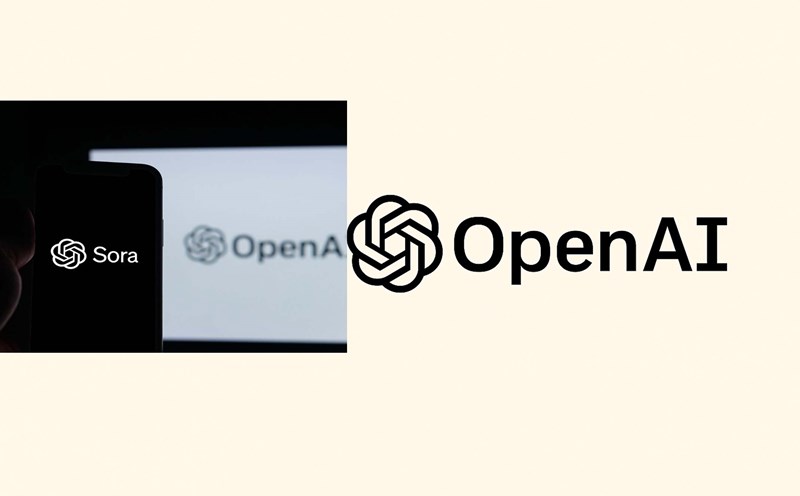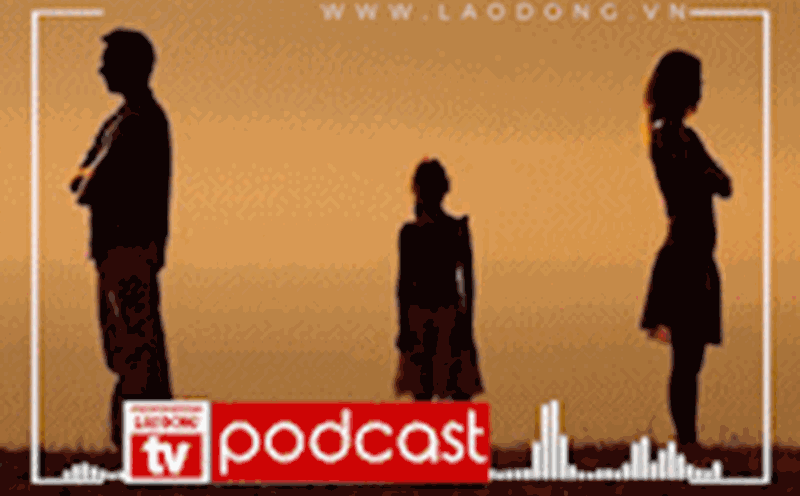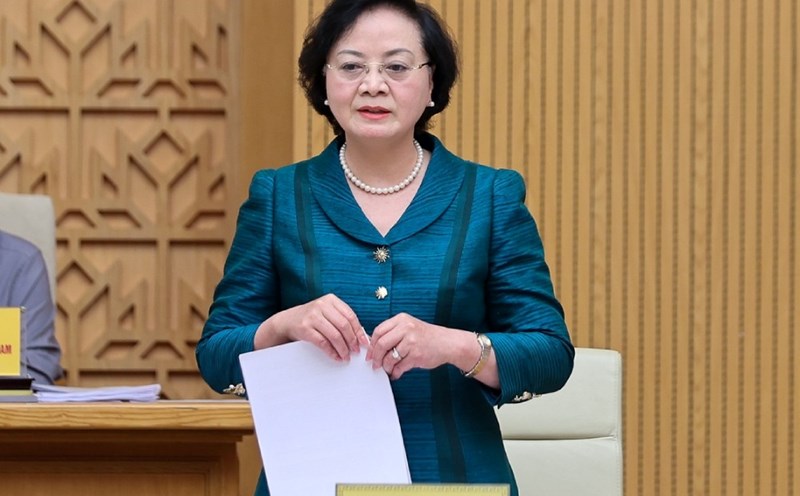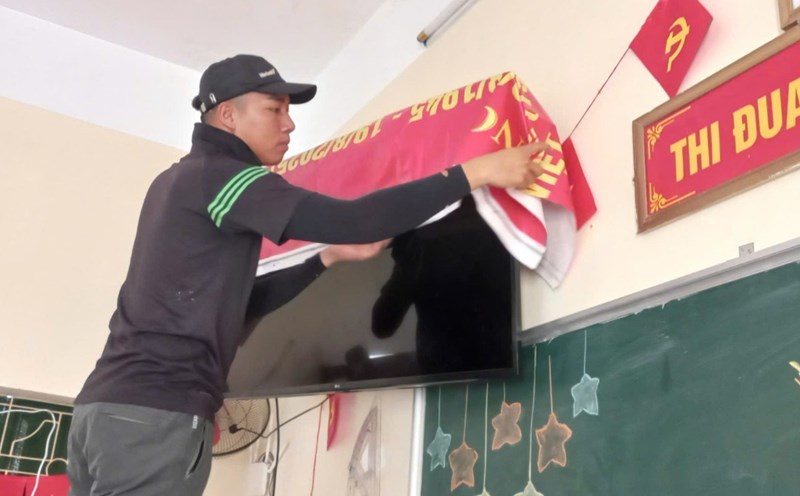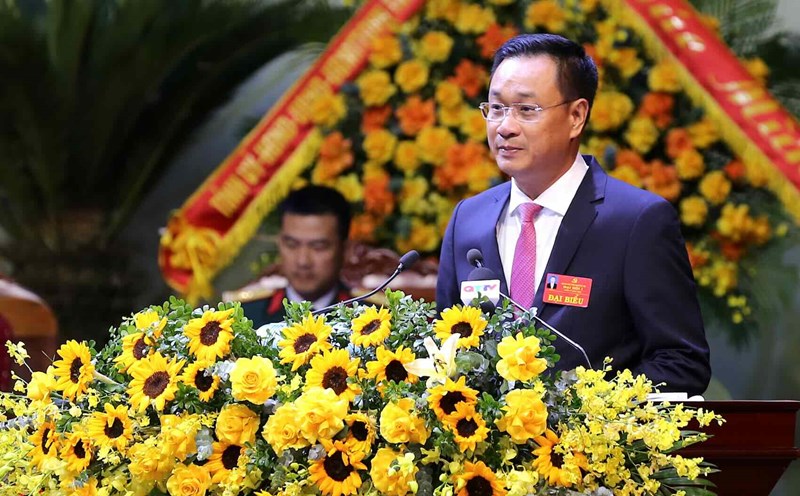In order to address growing concerns about copyright in the AI era, OpenAI has announced that it will increase content ownership over the Sora AI video creation tool, and plan to deploy a revenue sharing model for copyright partners.
CEO Sam altman said OpenAI will give copyright holders more detailed control over the use of their characters on Sora.
Options include blocking users from creating videos using images or characters under their ownership.
We are working to ensure that creators are respected and benefit from allowing AI to use their content, altman wrote on his personal blog.
OpenAI has also officially launched the Sora app as an independent platform in the US and Canada, allowing users to create videos up to 10 seconds long from text or images.
The app quickly became popular when it allowed sharing videos like on social media.
However, Sora's copyright policy is expected to cause a lot of controversy. Because according to Reuters, at least one major film studio, Disney, has refused to allow their content to appear on the platform.
In addition to increasing control, altman revealed that OpenAI is also building a revenue sharing model for copyright owners that allows users to use their characters in AI videos.
User is generating more content than expected, mostly targeting small audiences, which creates a need for a reasonable monetary strategy, said altman.
altman acknowledged that the model will take time to be tested and perfected, but insists OpenAI will start testing early in Sora before expanding it to other products.
OpenAI, a Microsoft-backed company, launched the Sora model last year as part of its strategy to expand to multi-modal AI, competing directly with Meta and Google's text-based video creation tools.
Meanwhile, Meta has also just launched the Vives platform, allowing users to create and share short videos created with AI, showing that the race in the field of AI-generated digital content is heating up.


